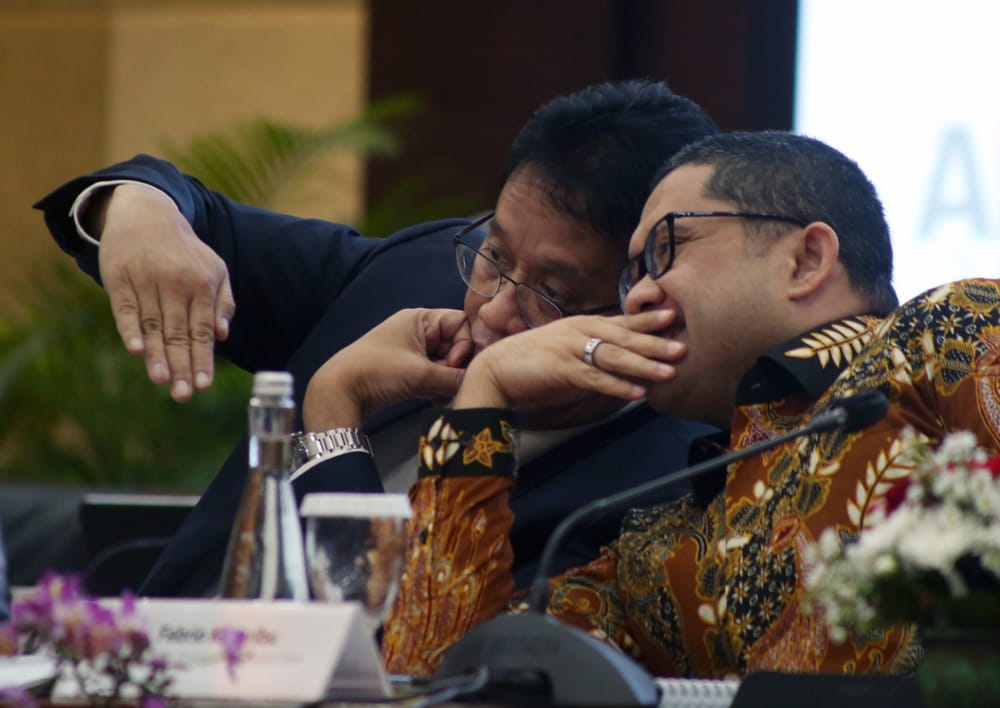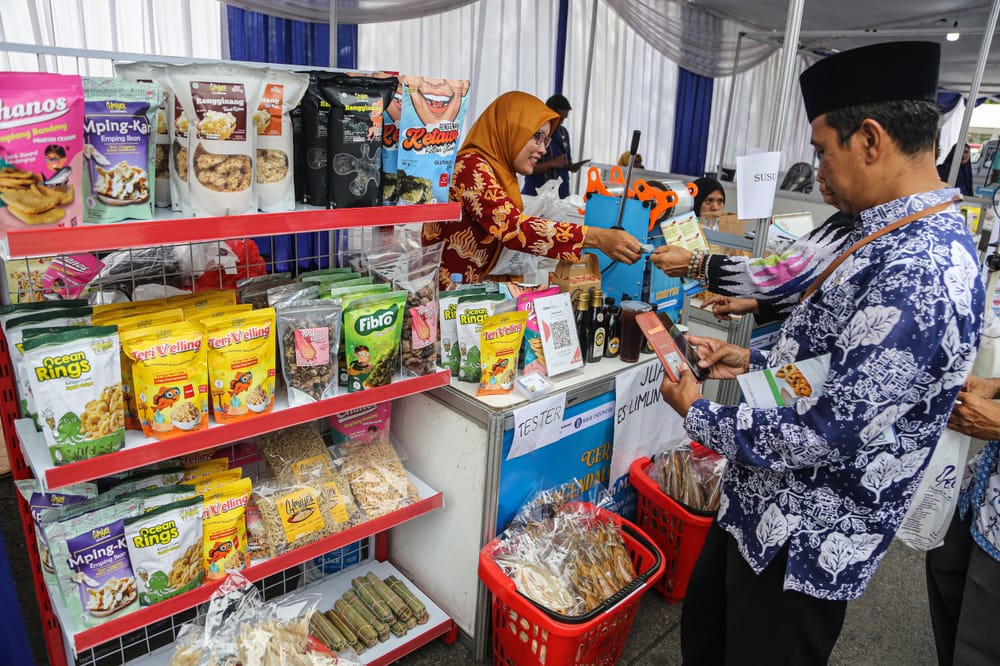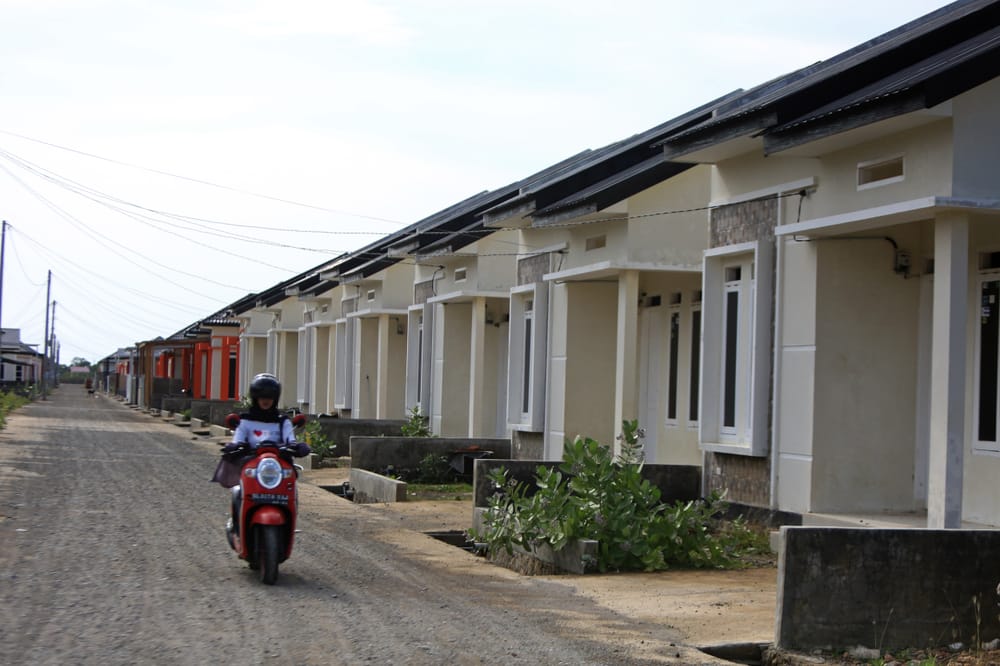The Ministry of Finance stated that tax revenue realization from the digital economy reached IDR 40.02 trillion as of July 31, 2025. Tax revenue from this sector is projected to continue to increase along with technological developments. This could be a new potential source of tax revenue in the future.
The realization of tax revenue from the digital economy business sector consists of Value Added Tax (VAT) collection through Electronic Systems Trading (PMSE) of IDR 31.06 trillion, tax on crypto assets of IDR 1.55 trillion, tax on fintech (peer-to-peer lending) of IDR 3.88 trillion, as well as taxes collected by other parties through the Government Procurement Information System (SIPP Tax) of IDR 3.53 trillion.
The largest contribution came from PMSE VAT collection of IDR 31.06 trillion or 77.6 percent of total revenue. PMSE VAT is a tax on the purchase of digital products or services through digital platforms collected by digital companies appointed by the Directorate General of Taxes (DJP) of the Ministry of Finance (Kemenkeu). Some of these include electronic commerce or e-commerce, film and music streaming services, computer software, and e-Books.
As of July 2025, the government has appointed 223 companies as PMSE VAT collectors. In the same month, there were three new appointments, namely Scalable Hosting Solutions OÜ, Express Technologies Limited, and Finelo Limited. At the same time, the government also revoked the appointment of three PMSE VAT collectors, namely Evernote GmbH, To The New Singapore Pte. Ltd., and Epic Games Entertainment International GmbH.
Of the 223 registered collectors, 201 companies have paid taxes. A total of 201 PMSEs have collected and paid PMSE VAT with a total of IDR 31.06 trillion. This amount consists of IDR 731.4 billion in 2020, IDR 3.90 trillion in 2021, IDR 5.51 trillion in 2022, IDR 6.76 trillion in 2023, IDR 8.44 trillion in 2024, and IDR 5.72 trillion until 2025.
Director of Counseling, Services and Public Relations of the Directorate General of Taxes of the Ministry of Finance, Rosmauli, explained that crypto tax revenue had been collected at IDR 1.55 trillion as of July 2025.
This revenue came from IDR 246.45 billion in 2022 revenue, IDR 220.83 billion in 2023 revenue, IDR 620.4 billion in 2024 revenue, and IDR 462.67 billion in 2025 revenue. The crypto tax revenue consists of IDR 730.41 billion in PPh 22 revenue and IDR 819.94 billion in domestic VAT revenue.
Fintech taxes have also contributed tax revenue of IDR 3.88 trillion as of July 2025. Revenue from fintech taxes comes from IDR 446.39 billion in 2022 revenue, IDR 1.11 trillion in 2023 revenue, IDR 1.48 trillion in 2024 revenue, and IDR 841.07 billion in 2025 revenue.
These fintech taxes consist of PPh 23 on interest on loans received by domestic taxpayers and permanent establishments of IDR 1.09 trillion, PPh 26 on interest on loans received by foreign taxpayers of IDR 724.25 billion, and domestic VAT on periodic deposits of IDR 2.06 trillion.
Tax revenue from other digital economy businesses comes from tax revenue from the Government Procurement Information System (SIPP). As of July 2025, revenue from SIPP taxes was IDR 3.53 trillion. Revenue from SIPP taxes comes from IDR 402.38 billion in 2022 revenue, IDR 1.12 trillion in 2023 revenue, IDR 1.33 trillion in 2024 revenue, and IDR 684.6 billion in 2025 revenue. SIPP tax revenue consists of IDR 239.21 billion in PPh and IDR 3.29 trillion in VAT.
Technology boost
Tax observer from the Tax Research Institute (TRI), Prianto Budi Saptono, said that in recent years, the digital economy has grown rapidly, changing the trading system from physical stores to digital.
This digital era provides new opportunities for the government to explore potential new taxpayers, such as the e-commerce sector.
"The tax prospects from the digital economy sector are quite promising. The government must continue to monitor its development to avoid potential losses," he told SUAR in Jakarta (28/8/2025).
Prianto said that many countries in the world have implemented digital economy taxes. Indonesia can learn a lot, especially regarding tariffs and collection systems, so as not to harm the business world.
There must be education
Secretary General of the Indonesian E-Commerce Association (idEA), Budi Primawan, supports the government's steps in strengthening tax compliance, including in e-commerce.
This digital tax is still very new and requires education because it still faces a number of challenges, both administrative and technical.
"idEA believes that there needs to be a sufficient transition period and comprehensive socialization, especially for UMKM players who are not yet familiar with digital-based tax administration," he said.






